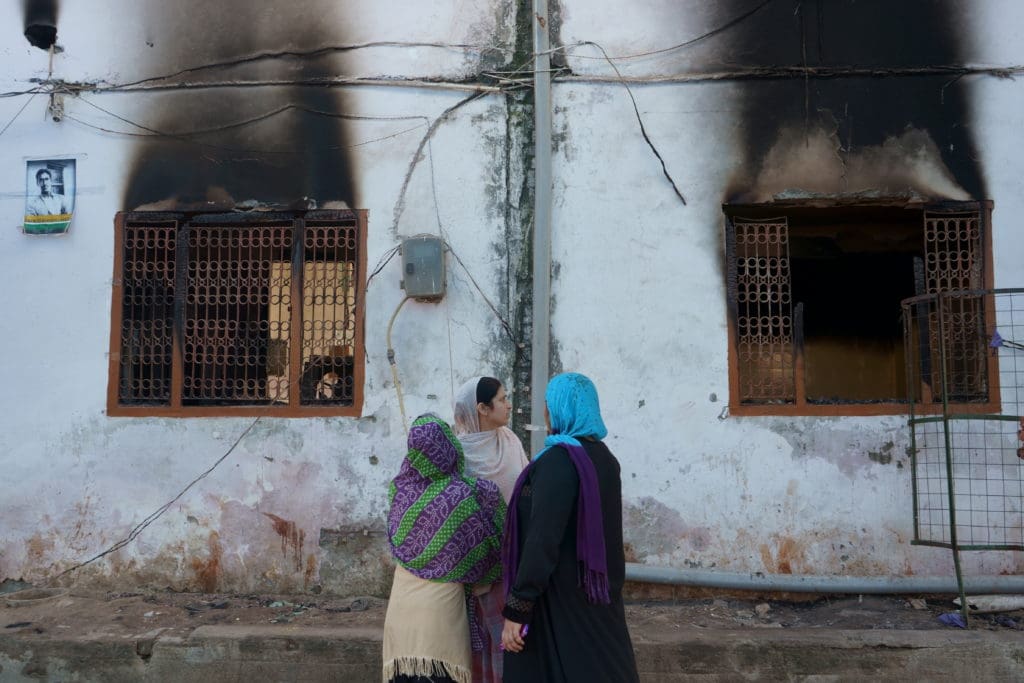
By Smriti Kak Ramachandran / Hindustan Times
Ahead of its centenary celebrations in 2025, by when it aspires to have a presence in every district, the Rashtriya Swayamsevak Sangh (RSS) has set out to double its network of volunteers, who will be responsible for expanding its footprint across the country. The RSS is the ideological fount of the ruling Bharatiya Janata Party (BJP).
There are about 3,000 pracharaks, or full-timers, who are given various duties within the numerous offshoots of the RSS that work in sectors such as education, labour unions and in tribal areas. For the centenary celebrations, the Sangh is aiming to double that figure by roping in part-time volunteers, or vistaraks, who will have the option of working with the various offshoots, a Sangh functionary said.
“We are looking at training and deputing these vistaraks for various programmes that the Sangh undertakes across the country. We are hoping that by March 2023 (when centenary celebrations begin), the total number of volunteers will be double the present number and the part-timers will help spread out the shakhas (branches) in areas where there are none, or too few,” the functionary said, speaking on condition of anonymity.
At present, the shakhas, or the units on the ground where the activities of the Sangh are carried out, are in 95% of the districts. The Sangh brass has set a target of having at least one shakha in every district.
There are 60,929 shakhas spread across 38,390 locations in the country, according to the annual report presented at the March annual meeting of the Akhil Bharatiya Pratinidhi Sabha, the apex decision making body of the RSS.
Volunteers are the backbone of the Sangh’s outreach; the full-timers are not married, and are sent on rotation to various offshoots and have to work in different geographical areas. “Since they are continuously on the move and interact with people from a cross section of society, they are aware of the problems that people face and generally well versed in issues, which help the society and government to take remedial measures,” said a second functionary, also declining to be named.
This story was originally published in hindustantimes.com. Read the full story here





